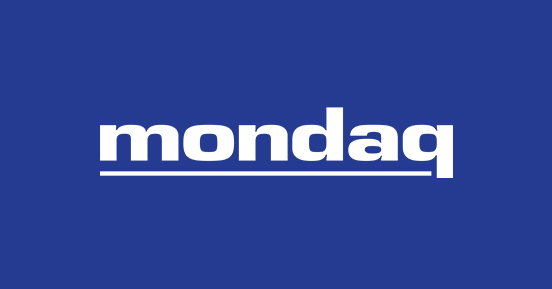Mondaq uses cookies on this website. By using our website you agree to our use of cookies as set out in our Privacy Policy.
In addition to NFT Sweepstakes and NFT fantasy sports contest-like games, companies are developing various gamified NFT collections or “NFT videogames.” In such games, minters use NFTs in many ways, including as rewards for player participation (i.e., completion badges) and as the means of entry to gameplay (e.g., tokens that users may digitally insert to play a game). NFTs that offer holders added benefits, such as the right to play certain videogames, are otherwise known as “Utility NFTs.” It is important to note that companies which sell utility NFTs may face serious penalties if they refuse to follow through with advertised ownership benefits, including regulatory investigation and potential litagation.
While major videogame companies have proposed incorporating NFTs into existing web-based games, the most popular mechanism that mixes NFTs into games is through use of NFT dApps (short for “decentralized applications”). dApps are applications that operate automatically through smart contracts on a blockchain. NFT dApps incorporate the use of NFTs into their software. User activities are transmitted on the relevant blockchain via Internet Service Providers to other users.
It is important to note that NFT videogames have been banned from some mainstream platforms, including Steam.
Well-known NFT videogames include Splinterlands, Sorare, and CryptoBlades. One of the most successful NFT videogames to date is Axie Infinity. The Axie Infinity dApp is a Pokémon-style game where Pokémon-type fighting characters take the form of NFTs. To play the Axie Infinity NFT Game, character NFTs must be in player crypto wallets in order to participate and breed NFT characters.
Beyond creating a singular NFT videogame, some companies are creating videogame ecosystems that use and allow players to earn a shared cryptocurrency. In these ecosystems, players may earn digital currencies or NFTs for their accomplishments in applicable videogames (otherwise known as “play-to-earn” mechanics). For example, Netcreeper Media Limited has created one such NFT videogame ecosystem (named “FEAR”), which consists of multiple horror games, including Crypt, Clucking Hell, Araya, and Undead Neighbour. These games reward players with Fear tokens for achieving specific goals, which can be used to purchase FEAR NFTs that, among other things, unlock characters, certain abilities, and the pay-to-earn feature in Undead Neighbour.
Over the past few months, NFT minting controversies, including controversial launches (e.g., NBA's Collection NFTs), phishing scams, and rug-pulls (e.g., the Frosties Scheme), have flooded the news cycle. Given the foregoing, it is advisable to obtain guidance from attorneys experienced with NFT marketing before offering NFTs to the public.
Similar Blog Posts:
National Basketball Association NFT Marketing Efforts Exploited
NFT Minters Arrested in Alleged Frosties Utility NFT Scheme
Get Ready to Play: Court of Appeals Upholds NY Fantasy Sports Law
The content of this article is intended to provide a general guide to the subject matter. Specialist advice should be sought about your specific circumstances.
© Mondaq® Ltd 1994 – 2022. All Rights Reserved.
Forgot your password?
Free, unlimited access to more than half a million articles (one-article limit removed) from the diverse perspectives of 5,000 leading law, accountancy and advisory firms
Articles tailored to your interests and optional alerts about important changes
Receive priority invitations to relevant webinars and events
You’ll only need to do it once, and readership information is just for authors and is never sold to third parties.
We need this to enable us to match you with other users from the same organisation. It is also part of the information that we share to our content providers (“Contributors”) who contribute Content for free for your use.

